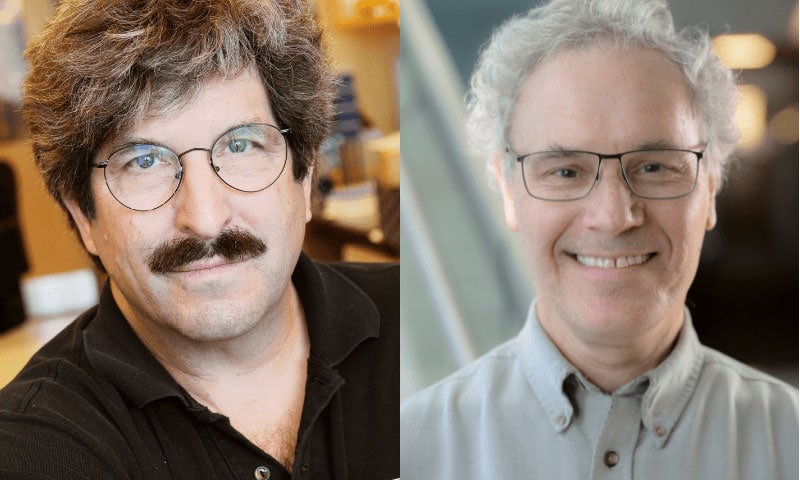US scientists Victor Ambros and Gary Ruvkun won the Nobel Prize in Medicine on Monday for their discovery of microRNA and its role in how genes are regulated. Understanding the regulation of gene activity has been an important goal for decades, the Nobel jury said.
If gene regulation goes awry, it can lead to serious diseases such as cancer, diabetes, or autoimmunity. “Their groundbreaking discovery revealed a completely new principle of gene regulation that turned out to be essential for multicellular organisms, including humans,” the jury said.
Collaborating but working separately, the pair conducted research on a 1-millimetre roundworm, C. elegans, to determine why cell mutations occurred and when. They discovered microRNA, a new class of tiny RNA molecules that play a crucial role in gene regulation, which in turn allows each cell to select only relevant instructions.
Their findings were published in two articles in 1993. “The seminal discovery of microRNA has introduced a new and unexpected mechanism of gene regulation,” Thomas Perlmann, secretary general of the Nobel Assembly, told reporters.
“MicroRNAs are important for our understanding of embryological development, normal cell physiology and diseases such as cancer,” he said. Ambros, 70, is a professor at the University of Massachusetts medical school while Ruvkun, 72, is a professor at Harvard Medical School.
The pair will receive their Nobel prize, consisting of a diploma, a gold medal and a $1 million cheque, from King Carl XVI Gustaf in Stockholm on December 10, the anniversary of the 1896 death of scientist Alfred Nobel who created the prizes in his last will and testament.
Last year, the medicine prize went to Katalin Kariko and Drew Weissman for work on messenger RNA (mRNA) technology that paved the way for Covid-19 vaccines. The Nobel season continues this week with the announcement of the winners of the physics prize on Tuesday and the chemistry prize on Wednesday.
The economics prize winds things up on Monday, October 14. Awarded since 1901, the Nobel Prizes honour those who have, in the words of Alfred Nobel, “conferred the greatest benefit on humankind”, highlighting encouraging advances as the world currently witnesses devastating wars in the Middle East and Ukraine and a climate on the brink of collapse.—AFP










